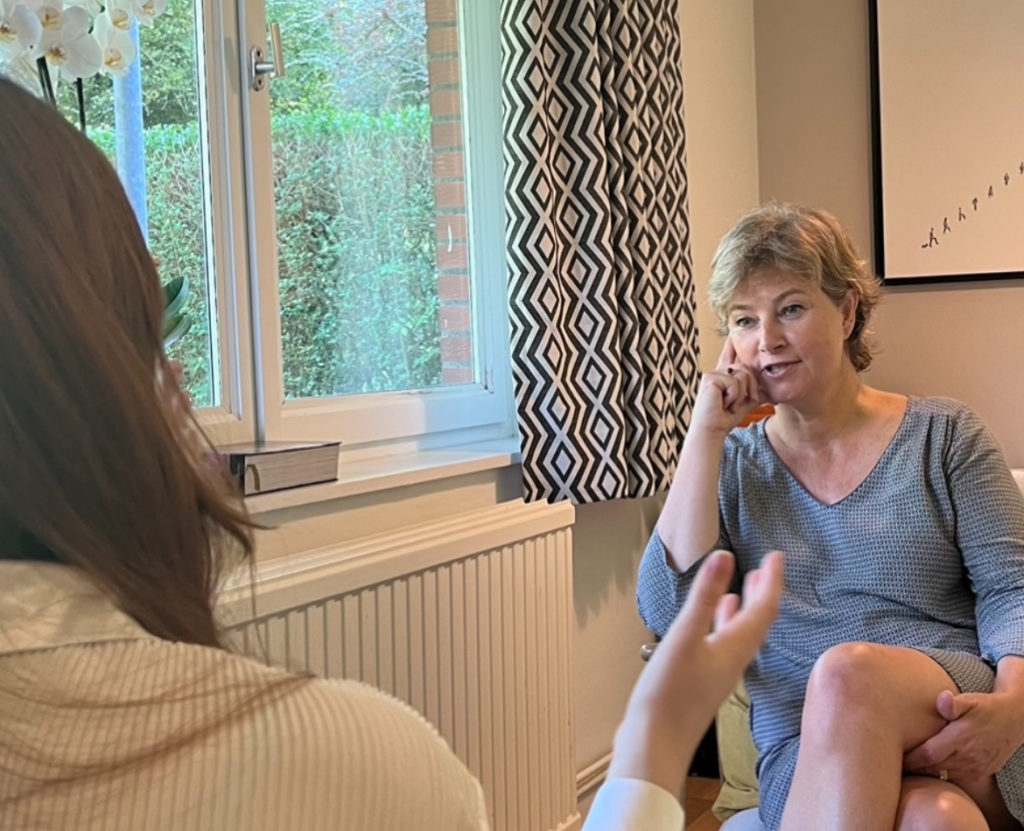
Preventing burnout
Today, with burn-out such a hot topic, many people are asking how to prevent a complete crash. And that’s a good thing.
Symptoms that should lead you to see a doctor
General malaise
Too many questions
Migraines or recurring headaches
Crying and panic attacks
Concentration problems & worries
If you experience one or more of these symptoms
It’s important to consult a healthcare professional for a possible diagnosis.
This is also the time to take charge of your life and prevent burn-out.
This is also the time to take charge of your life and prevent burn-out.
Why be accompanied?

Regain your Energy
Become aware of what you need. We all have physiological and psychological needs. All too often, these needs are put on the back burner in order to cope with major professional deadlines. But all too often, crisis management becomes a habit.
Tame your emotions
Our upbringing has often trained us to put emotions on the back burner. In the business context in particular, emotions are not welcome. And yet, they give us such valuable information!


Managing the difficult personalities around you
When we bring to light the positive intention that drives the other person, a path of encounter is possible, and a more fertile collaboration can blossom.
Learning to say no
What often prevents us from taking a stand are our fears (fear of disappointment, of being fired, of incurring the wrath of our boss…). Shedding light on what’s at stake helps us to position ourselves clearly and positively.


Regaining work-life balance
Using the Wheel of Life, a tool I’m very fond of, take the time to understand your needs and your vision. One goal: to (re)find your own life balance.
Preventing burnout
Do you see this overheating?
Do you expect the system to work as well as before?
Of course not! Well, burn-out is the same thing.
If you take charge of your life in time, you won’t burn out your neurons for good!
Of course not! Well, burn-out is the same thing.
If you take charge of your life in time, you won’t burn out your neurons for good!
My Tools
Burn-Out Coaching
Skills Assessment
Process Communication Model®
My Experience & Intuition
In my experience, fears are important when considering a career change. So give me a call and let's talk!

- A warm, straightforward welcome and a sympathetic ear: This is essential if you’re to be able to put your issues on the table in complete confidence, and to give you the desire to move forward.
- Ethical support from a professional: When I became a coach, I was driven by the desire to do quality work. To achieve this, I have followed renowned training courses that have led to certification, I continue to train regularly and I am supervised.
- Sometimes confrontation: Coaching sometimes means confrontation, to help the coachee become aware of certain beliefs that are blocking him or her, for example. As far as I’m concerned, when I do this, it’s always with the strictest respect for the person concerned. I confront the problem, not the person.
- And last but not least, a roadmap to your goals: Setting a goal is the very essence of coaching. It’s so simple and so effective: define your goals and then see how you get there! I’m convinced of the effectiveness of this type of approach and, as such, I myself get coached on issues that I haven’t resolved!
Testimonials
Preventing burn-out
Sophie supported me step by step in my progress, with kindness and enthusiasm. She was also able to gently make me aware of certain biases.

